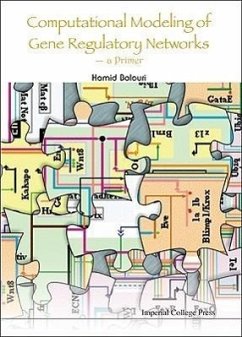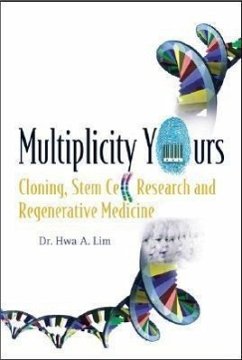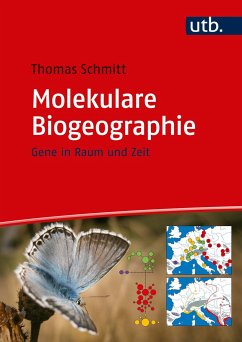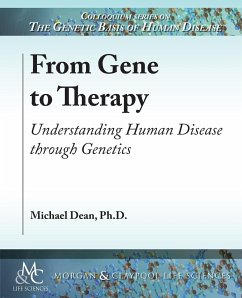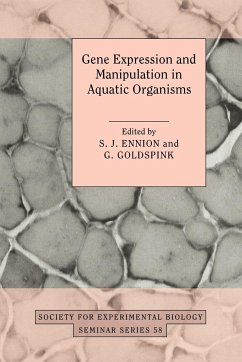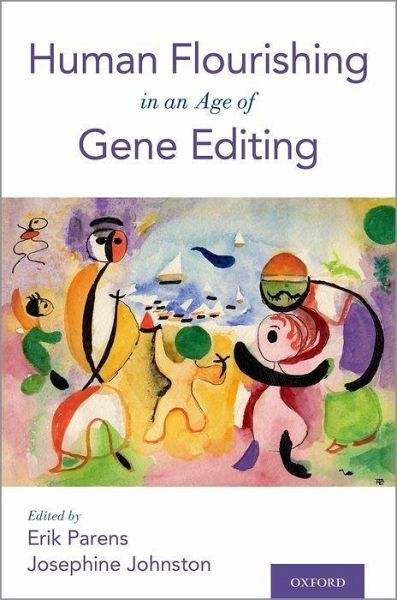
Human Flourishing in an Age of Gene Editing
Versandkostenfrei!
Versandfertig in 1-2 Wochen
55,99 €
inkl. MwSt.
Weitere Ausgaben:

PAYBACK Punkte
28 °P sammeln!
The potential uses of CRISPR-Cas9 and other gene editing technologies are unprecedented in human history. Altering human DNA, however, raises enormously difficult questions. Some of these questions are about safety: Can these technologies be deployed without posing an unreasonable risk of physical harm to current and future generations? But gene editing technologies also raise other moral questions, which touch on deeply held, personal, cultural, and societal values. In the new essays collected here, an interdisciplinary group of scholars asks age-old questions about the nature and well-being ...
The potential uses of CRISPR-Cas9 and other gene editing technologies are unprecedented in human history. Altering human DNA, however, raises enormously difficult questions. Some of these questions are about safety: Can these technologies be deployed without posing an unreasonable risk of physical harm to current and future generations? But gene editing technologies also raise other moral questions, which touch on deeply held, personal, cultural, and societal values. In the new essays collected here, an interdisciplinary group of scholars asks age-old questions about the nature and well-being of humans in the context of a revolutionary new biotechnology--one that has the potential to change the genetic make-up of both existing people and future generations.




